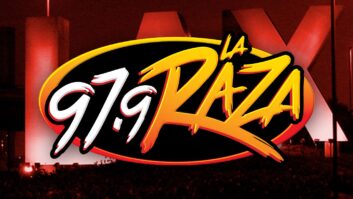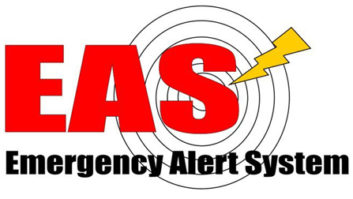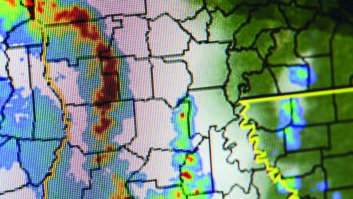The Multicultural Media Telecom & Internet Council is telling the FCC that using traditional EAS for multilingual emergency communications should still be on the table.
The group’s message comes as commission Chairwoman Jessica Rosenworcel is exploring the multilingual emergency capabilities of Wireless Emergency Alerts. As we reported earlier, Rosenworcel has asked the nine largest carriers for information on they ensure that WEA messages are accessible to as many language communities as possible and for ways to enhance WEA’s accessibility. WEA only supports alerts in English and Spanish at present.
This development signals a possible shift in direction for the FCC, which has spent considerable time the past several years bolstering traditional EAS utilizing radio and TV to reach more people with emergency alerts.
The MMTC has sent an ex parte letter to the FCC reminding it of a petition it filed with the commission in 2005. It calls for a revision of the commission’s rules to facilitate the dissemination of multilingual local, state and national emergency information via EAS. MMTC says its petition would strengthen traditional EAS infrastructure and utilize radio broadcasters for multilingual needs.
Under its proposal, a so-called “designated hitter” system, if adopted, would ensure that at least one commercial or noncommercial full-power radio station capable of remaining on-air during emergencies can arrange in advance to broadcast lifesaving emergency alerts in multiple languages, according to MMTC.
“Although wireless providers generally do a good job of relaying multilingual emergency information in advance of anticipated disasters, cell towers and other systems making up wireless infrastructure are often compromised or taken entirely offline when disaster actually strikes,” MMTC wrote. That leaves radio stations that have backup generators among the few sources of mass communications still operating during such events.
“Accordingly, MMTC urges the commission to act on the petition as soon as possible and to adopt the designated hitter proposal, which would ensure that at least one commercial or noncommercial full-power radio station capable of remaining on air during emergencies can arrange in advance to broadcast lifesaving emergency alerts in multiple languages,” the MMTC concluded.
NAB in 2005 told the FCC it considered the goals of MMTC’s designated hitter petition “laudable” but that its “specific proposals raise numerous statutory and practical questions.”
Since 2012, WEA has been used more than 70,000 times to warn the public about dangerous weather, missing children, and other critical situations through text-like messages.
Observers say they believe the commission appears poised to act on ways to improve multilingual alerting.
In another letter last week, Rosenworcel told New York State Attorney General Letitia James that she plans to ask FCC staff “to incorporate what they learn in a new rulemaking to refresh its record on multilingual alerting, including the current state of machine translation technologies for alert messages for both the 14 most common languages as well as other, less common languages.”
Her letter was in response to concerns expressed by James that minority communities are often more severely affected by disasters because of language difficulties.
“In New York, Hurricane Ida demonstrated that natural disasters do not affect all equally,” Rosenworcel wrote.
“In particular, the storm showed that language barriers can add to the challenges communities face during disaster, by limiting the effectiveness of information and outreach.”









